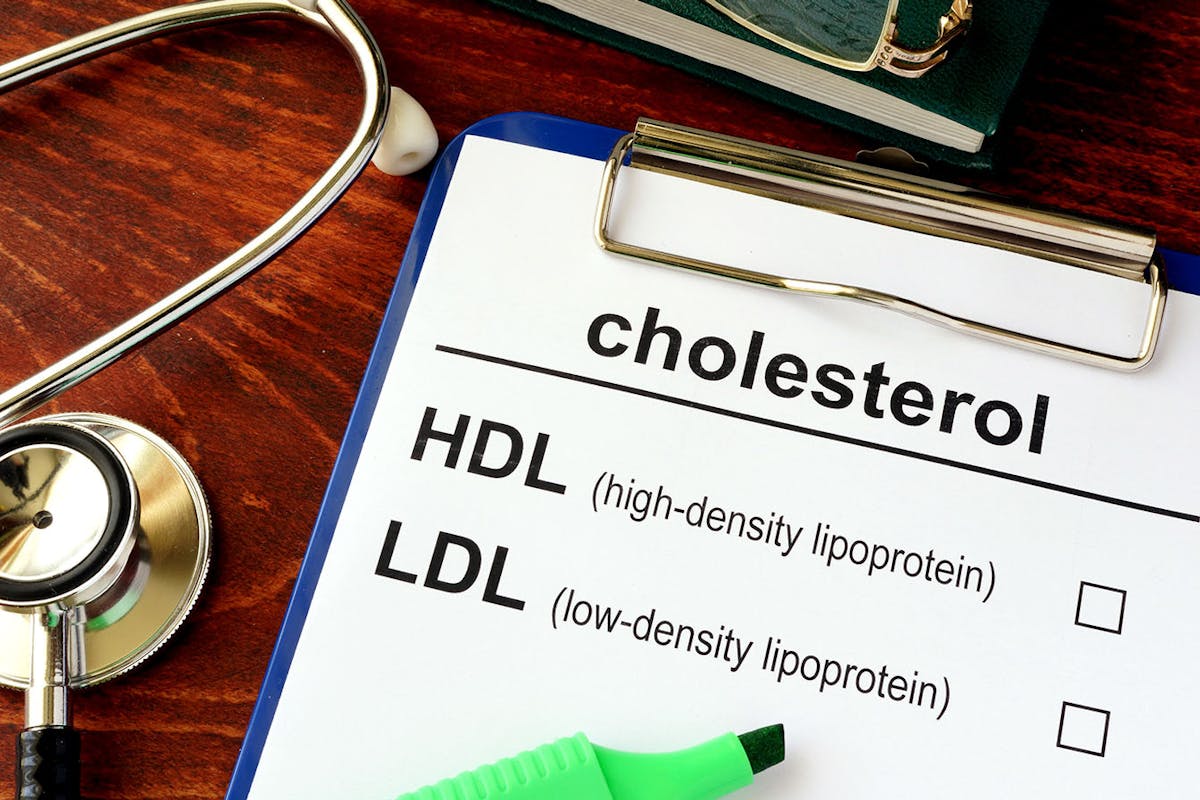Understanding Cholesterol Screening Results

Physicians often grade our health by looking at a variety of test numbers and screening results. Even more so the older you get. Blood pressure measures the heart, while it’s working and at rest. Pulse measures the number of times your heart beats per minute (BPM). Body mass index is a ratio of how much you weigh compared with how tall you are. And then there is cholesterol.
While most seniors have routine bloodwork to determine cholesterol, some of us aren’t quite sure what these numbers mean and why they matter. Even health care professionals don’t necessarily agree on what cholesterol numbers should be, and how they affect our overall health. So, it’s no surprise older adults are confused.
Cholesterol Screening Results
Experts from Harvard Medical School say an overall cholesterol score of 200 or less places you in the healthy category. If your numbers total between 200–239, it’s considered to be a borderline score that is a cause for concern and needs to be addressed. Once you hit a score of 240 or greater, your physician will likely say you have high cholesterol.
There are two different types of cholesterol that contribute to your overall score:
- HDL: High-density lipoprotein cholesterol or HDL is the good form of cholesterol. This is one score where higher is better. An HDL score over 60 is believed to protect you from heart disease, while a score of 40 or less puts you at risk for cardiac problems.
- LDL: Low-density lipoprotein cholesterol is often referred to as the lousy cholesterol. Lower scores are better. Too much LDL can cause blood vessels in the heart to clog. Physicians generally want patients to keep their LDL at 100 or less. (This number was revised in 2013 from a previous recommendation of 70.)
Another type of blood testing often done during a cholesterol screening measures triglycerides. They are a type of fat found in the blood. Some triglycerides are necessary for maintaining heart health, but too much can put you at risk for heart disease. The normal range for triglycerides is considered to be 150 milligrams per deciliter (mg/dL) or less.
How Often Should You Have a Cholesterol Test?
Experts typically recommend anyone over the age of 20 be screened. Testing should be repeated every 4 to 6 years, unless you fall into a high-risk category. Here are some factors that may contribute to an individual being high-risk:
- Age
- Smoking
- Lifestyle (i.e. sedentary or poor diet)
- Family history of cardiac disease or stroke
- Personal history of high blood pressure
Most physicians require patients fast for at least 9 hours prior to having a blood test to measure their cholesterol and triglycerides.
High Cholesterol and Health
The bottom line is to work closely with a trusted physician to help screen and manage your numbers. Undetected or untreated, high cholesterol can put you at high risk for not only a heart attack, but a stroke too. Strokes are a leading cause of disability in America. Act FAST: Warning Signs of a Stroke is an article that offers insight about strokes, as well as an easy-to-remember acronym for recognizing the warning signs.
If you or a loved one live with heart disease or high cholesterol, it might be beneficial to invest in a mobile emergency alert device. It will allow you to summon help in the event of a medical crisis. Call 1-844-203-5617 to learn more.